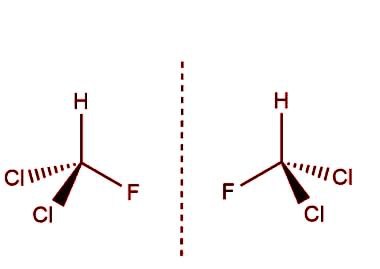6 Difference Between Electrophile And Nucleophile
S.NO. | Electrophile | Nucleophile |
1. | An electrophile is a species that is attracted to and can accept electrons. | A nucleophile is a species that is attracted to and can donate electrons. |
2. | Electrophiles are typically positive or neutral species. | Nucleophiles are typically negative or neutral species. |
3. | Nucleophiles are often atoms or molecules with a partial negative charge, such as anions or nucleophilic atoms. | |
4. | Electrophiles react with nucleophiles through a process called electrophilic substitution. | Nucleophiles react with electrophiles through a process called nucleophilic substitution. |
5. | Electrophiles are typically the reactants in electrophilic substitution reactions. | Nucleophiles are typically the reactants in nucleophilic substitution reactions. |
6. | Electrophiles and nucleophiles are important concepts in organic chemistry and are used to predict the outcome of chemical reactions and to design new molecules. |





If you have any doubts, please let me know